There are various things that are frowned upon by both DJs and their audience that may be non-obvious for DJing adepts. Those things may include some cliche track transitions, not caring enough about volume levels or overusing audio FX during your mixes, however in fact there are much more of these than you’d think! All the points listed here are real issues that are widely discussed on different online forums, social media channels and in various live DJ communities. The purpose of list is to help you prevent making these mistakes early on, and let you perfect your DJing art even further. Let’s get straight into the topic!
1. Poorly managing your music library
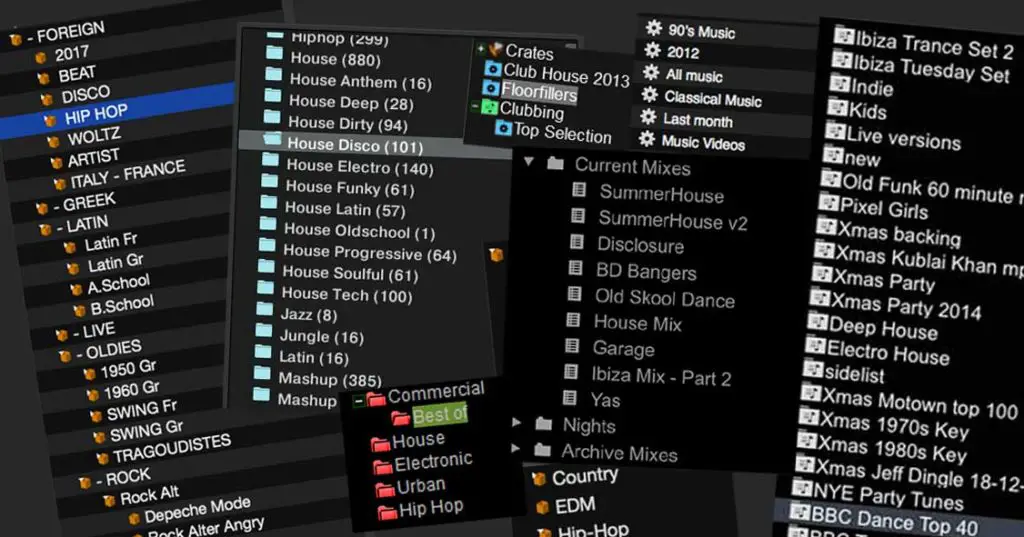
Track library management is probably one of the most important things that you should learn early on in your DJing journey. Properly managed and categorized music library will help you make quick live decisions in terms of which track to play next, and these decisions are argubly the most important ones you make during your performance.
By “properly managing your library” we mean:
- Dividing it into categories that make sense – by genre, decade, style or general feel of the tracks.
- Keeping your library up to date – adding new popular adequate tracks, updating your track collections, but also removing outdated categories or old unused playlists.
- Knowing your tracks – not blindly throwing in tracks into your playlist – in general you have to at least give a track a brief listen to decide if it fits your chosen category. Ideally you should know a track in its entirety before incorporating it into your mix playlist.
- Incorporating your own sorting methods – there are many nonstandard track managing tips that can be very beneficial for you, check out our “mini-mix” strategy perfect for beginners!
- Making use of smart playlists/filters – many pieces of software such as Virtual DJ allow you to use smart track sorting features to further help you with making live track choices.
We have a full guide on organizing and managing your tracks and music playlists, check it out here:
How To Organize Your Tracks/Songs – DJ Playlists Guide
2. Overusing your FX

Honestly, this is one of the most obvious things that give away a beginner, non-experienced DJ. Having easy access to highly capable modern FX sections on DJ mixers and controllers, many beginner DJs can’t resist the temptation to overuse audio effects in almost any mixing situation and context you can imagine.
This is one of the greatest traps you can fall into early on, as often when you feel that “you aren’t doing enough” during your live performance you will almost automatically resort to putting your your FX section to work, sometimes when its really uncalled for.
Loop rolls, flangers and phasers, filters used during track build-ups can sound great and introduce great creative input to your mixes, however when used too often they become tiring and even irritating for your listeners. You have to keep in mind that you don’t have to be a professional to notice that a DJ is using the same loop roll or filter effect on each track he’s playing.
This is especially important when it comes to well-known songs and classic hits on occasions such as proms or weddings. People tend to know and remember the original songs very well, so if for example you decide to use a loop roll on the track every 10 seconds or so, you will most likely disturb people who simply want to enjoy the original song they know.
In club context this is very different, however the sample rules apply – you don’t want to constantly re-use the same audio FX on your tracks, it easily gets tiring both for you and your audience.
Always use your intuition and imagination, try and imagine yourself on the listener side and remember – less is more!
3. Not paying enough attention to the people
As a DJ, your first and foremost goal is to provide people with good music. Whatever situation you are in, at a wedding, in a club, on a house party or a prom you have to remember that you’re not performing for yourself, but rather quite obviously for all the people that are present at the event.
In the beginning it’s especially easy to fall into a trap of simply trying to repeat your bedroom mixes in live situations, and while it might work in some contexts, you should always remember to:
- Prepare a customized playlist for your specific audience/venue a few day prior to your gig.
- Do not stick to your playlist blindly and be prepared to alter your track choices live.
- Watch the people on the dancefloor or in the room and make your decisions based on their reactions and behavior.
This last point is in fact very important. You can do this either by throwing a quick glance at your audience and assesing whether or not the people are really having fun, or choosing a few people from the crowd and based on their behavior trying to guess whether what you’re doing is working out. If its not, maybe its time to change the energy level of your mix, interact with the audience using your microphone or re-think your track choices, all depending on the exact context of your set.
Don’t just focus on your gear and your DJ booth, remember that keeping an eye the crowd and making decisions based on the people’s reactions is one of the essential skills of a DJ. You are bound to learn it with time!
4. Red lining (!)
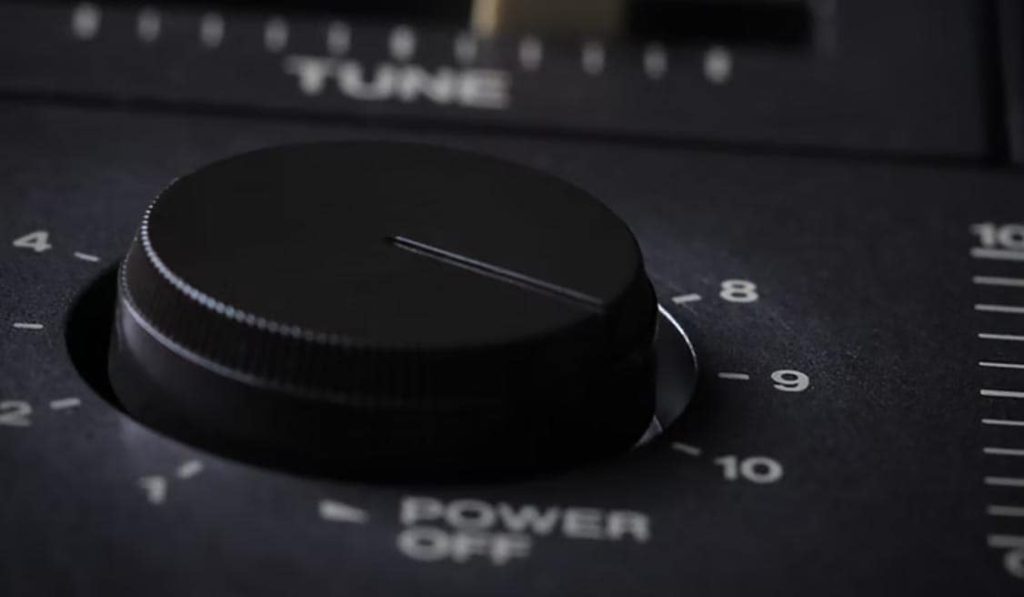
The term red lining refers to a situation in which your master channel volume output is so high, that the dials on your auido mixer start flashing red. When you set your master level too high you risk sound distortion, equipment damage and noise complaints from both your audience and neighbors :).
An important thing to note here is that some DJ mixers and controllers may red line a little bit earlier before the sound outputs actually gets distorted (this is the case for example on the original DDJ-SX). Nevertheless, you should always try to avoid going into the red area. If you go too wild on a consumer grade speakers or sound system, you might even damage it when you set your master output levels too high.
You will always want to hear “hey, turn it up!” rather than “could ya please turn it down a bit?”.
The best trick here is to start off your mixes at a moderate volume and then, bit by bit with every track you play make it just a little bit louder untill you reach a reasonable sound outuput level. You can use the trim/gain knobs on your controller to control the general volume of your channels independently.
This will allow you to jump in with each new track with a little bit more volume (both if you’re simply cueing in your tracks and beatmatching). Just remember to start off with your trim/gain knobs in lower positions (around 10 o’clock) to use this technique.
5. Not valuing your work

Value the time that you put into your work. In some occasions it might be alright to perform and be compensated in bar discounts or “exposure” especially if you’re a beginner and you just want to try out playing in a live environment (although this is a controversial sentence for sure). Remember though, DJing is a real job that in fact not everyone can do, and on any experience or skill level you should value your time and skills! Make sure that your compensation satisfies you.
How much should you charge for your DJ gig?
It really depends largely on your country, your city and the local business customs. The best thing to do to figure out how much you should be paid for a DJ gig is to:
1. Search through localized online forums and job offer sites to see how much other DJs are charging.
2. Find people in your area that are already working and doing their gigs, and simply ask what the general rates are in their area and what they should be according to them.
6. Not taking proper care of your DJ gear
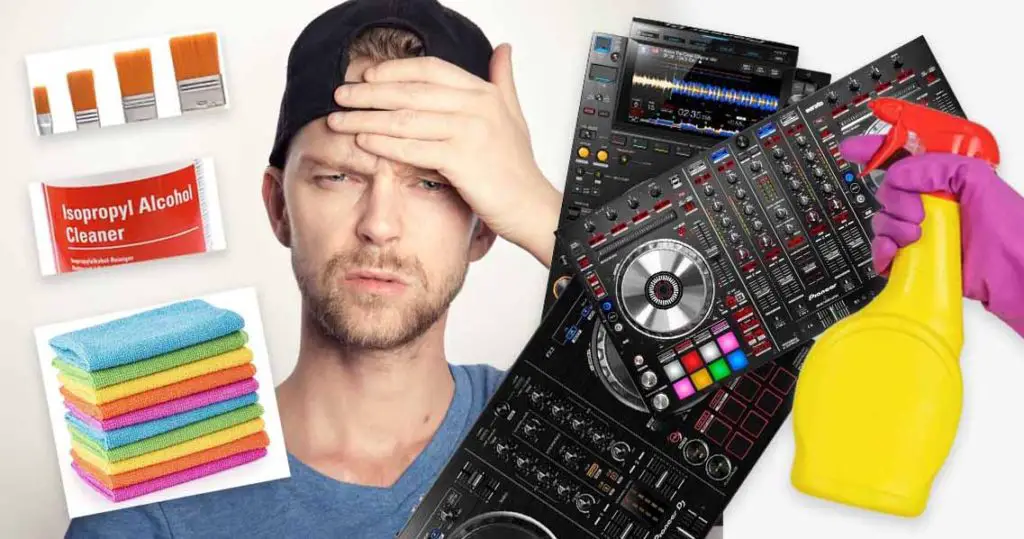
How To Clean DJ Equipment? (Simply explained)
Your DJ equipment is a thing that is essential for you, and therefore you should really feel compelled to learn all the best practices to keep it working and in good condition.
- Remember to always thoroughly clean your DJ equipment regularly, or at least gently wipe it down after each finished mixing session.
- Get yourself a proper transport case or cases for your gear.
- Always check the weather and prepare accordingly before each outdoor gig.
- Use deck saver covers whenever possible.
These things are often overlooked by many beginner and advanced DJs. You might for example think that you don’t really need a deck saver cover as you are very careful not to spill or drop anything on your controller, you might also think that you can easily transport your gear in the boxes it came with and so you don’t really need any kind of transport case.
If you’re not taking proper precautions when it comes to your DJ gear it’s not only more probable that some kind of unfortunate accident will happen, but also you are wasting much time on makeshift solutions such as cloth controller covers or janky self made transport containers that may not be 100% secure and hard to use anyway.
How To Clean Audio Faders On A DJ Mixer? (No Disassembly!)
Your gear is the thing that lets you express yourself and a thing that lets you earn money using your skills. Take proper care of it and it will serve you for a long time.
7. Using your old tricks over and over again
If you have already established some kind of mixing routine or a stable “algorhithm” of how your live performances should go, you might find yourself repeating all the old tricks you’ve learned and not being able to grow anymore.
While having the ability to use some basic mixing techniques without much thinking is a good thing, you should remember that there are always more things to learn that can make your live performances even more appealing.
A good way to find inspiration in terms of learning new tricks is to browse various performance mixes on YouTube or other social media platforms. This way you can get inspired and try and recreate many techniques used there on your gear and incorporate them into your live acts.
- Update your track library and playlits frequently.
- Go along with current music trends in your genre or style.
- Learn new skills and mixing techniques and don’t be afraid to try them out in live situations.
8. Performing only for yourself

It’s highly probable that if you’re a beginner, you keep your mixes only inside your four walls and noone has really seen or rather heard you perform. If that’s the case you’re really missing out!
Try and engage in mixing at house parties, school proms, small local bars or venues to get yourself familiar with performing for a live audience. It’s an essential skill for a DJ, and moreover it’s a lot of fun!
You can also consider streaming your mixes online on platforms such as Twitch.tv
Can you easily stream your DJ sets on Twitch? (DJs & Twitch streaming)
Another thing is that when doing bedroom mixes it might be okay to play only the tracks and genres that you enjoy. You should remember however, that any kind of live situation always calls for a certain level of customization of both your playlist and mixing style.
If you’re performing live, don’t play tracks that are enjoyable just for you. It’s often nonobvious to many people that a track they consider a “banger” or a major high-energy hit might not be good for a specific live situation or a certain performance context.
Build your playlist accordingly to your audience’s needs and alter your mixing style to the preference of your crowd.
9. Not promoting your work online
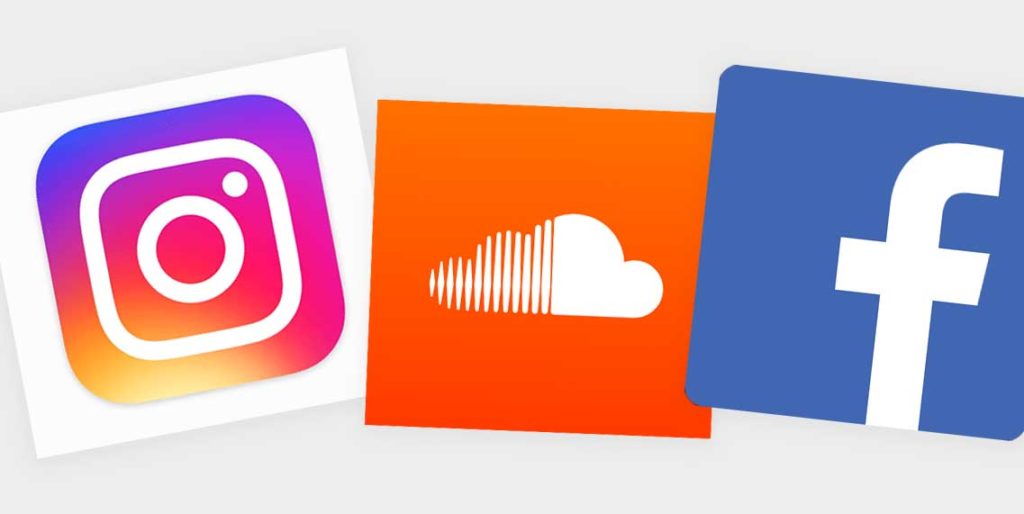
If you don’t promote your DJ name on social media you really should. If you manage to build a DJ profile on Instagram, Facebook or any other social media platform, you will be able to show people examples of your work and performances, and also let people who attended your gigs find you online.
It doesn’t really take much to start your DJ profile, all you need to begin is your DJ name and a few quality pictures. We bet that your DJ gear will volunteer to be your first photo model!
While further social media account management is beyond the scope of this article, it’s really not that big of a deal. The most important thing is to start and enable people to find you, even if its just your friends in the very beginning.
10. Not evaluating your work
Many “DJ tips and tricks” articles feature recording and listening to your home mixes and live performances as one of the vital methods to improve your skills. And rightly so! Detailed evaluation of your work can be done either by you or by your friends and listeners and it gives you a lot more insight than just simply thinking about what your good and worse moments were during that last performance.
Record and listen, mix for your friends and family, post mixes but also cool transitions or live mashups you made online. If you ask people what do they think about your mixes they are likely to help you out, and their opinions can be often really beneficial. A good idea is to also find another DJ to evaluate your technique and performances. This will give you more professional kind of insight into your sets.
Don’t get discouraged, constructive criticism is one of the best catalysts of success!
The conclusion – keep on learning
There are many things that may go wrong during a performance, there are also many things that are really uncalled for either during live performances or even practice. Don’t stress it however, all of us make mistakes regardless of our experience levels and all of us learn all throughout our DJ careers. We hope that after reading our take on this subject you will be richer in new knowledge and grow even further perfecting your skills. Rock on!
Check out also:
– The Big 10 – Top Most Common DJ Mistakes And How To Avoid Them
– How To Jumpstart Your DJ Career – 8 Valuable Online Promotion Tips
– What Is A Double Drop? – How To Do A Double Drop Mix? (DJing Guide)
Main article photo: Giulia May

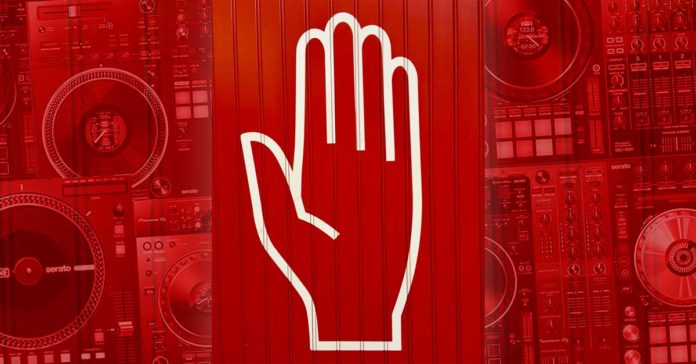

[…] 10 Cardinal Sins Of DJing (Are You Guilty?) […]